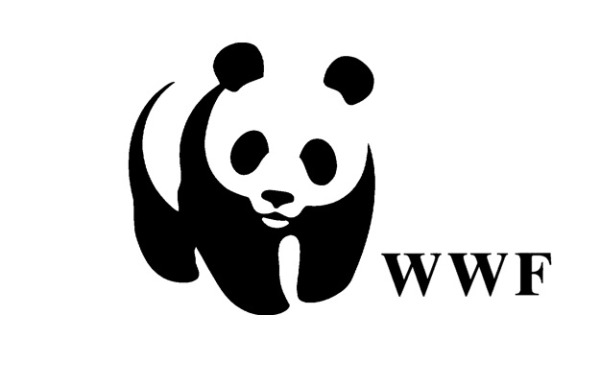We use the term “brand” with such frequency, such alacrity, and such assurance, you’d almost think we know what it means.
So what does brand mean?
Fact is, we use “brand” to mean many things. Many different things.
So I thought I’d start a glossary of the different meanings of the term brand. Please feel free to add to the list in the comments section below.
1. A brand is a name that a seller uses to label a product in order to communicate with consumers. As in: let’s call this fizzy caramel-colored sugar water Coca-Cola. Once the seller and the buyer agree on common terminology, transactions become a lot easier – for one, consumers can recognize and buy the product they liked the last time – repeat purchases become possible, brand loyalty is born. Which leads us to the second use of the term “brand.”
2. A brand is the reputation that that name builds for itself in the marketplace. As in: Do we have a good brand? A positive reputation is often the reason consumers repurchase, and new customers are attracted to your products. So a lot of effort goes into building that reputation. One of the ways a reputation is built is by offering something other brands don’t or can’t – this brings us to the third meaning of the term “brand.”
3. A brand is your positioning, or the space you occupy in the marketplace — and that includes your competitive differentiation. As in: What is our unique selling proposition? Your points of difference are what makes your products stand out and be chosen on the shelf – but also in the consumers’ minds – which brings us to the fourth meaning of the term.
4. A brand is the set of associations that that name evokes in the customers’ minds: it is the piece of mental real estate you own in the minds of your customers. What comes to mind when consumers think of Fedex? Turns out, many of them think of the film Castaway. But is that what Fedex would like them to think about? That question brings us to the fifth meaning of the term.
5. A brand is your strategy; at the very least, your communication strategy. As in: Are we on brand? Consider a company, such as Johnson and Johnson. Imagine they are considering launching a new product, say a face cream. Should they use their existing brand, which is well known and has a well established positioning, or should they launch a new brand? A key component of the answer to that question is whether the new product is consistent with the meaning and positioning of the J&J brand in consumers’ minds. In this example, the brand sets the boundaries for the strategy of the company – are we on brand is essentially asking are we on strategy? The reason you don’t want to launch a new product that is off brand is because it might harm the brand’s equity. And that brings us to a sixth meaning of the term.
6. A brand is an asset. A brand’s value can be measured, a brand can be bought and sold, as brands often are in mergers and acquisitions. You can make investments in your brand, and you expect a return on that investment.
And that’s not all a brand is. I’m sure you’ll add to the list below.
Contributed to Branding Strategy Insider by: Niraj Dawar, Author of TILT: Shifting Your Strategy From Products To Customers
The Blake Project Can Help: The Brand Positioning Workshop
Branding Strategy Insider is a service of The Blake Project: A strategic brand consultancy specializing in Brand Research, Brand Strategy, Brand Licensing and Brand Education




